
Like other campuses during the spring, Cornell University in Ithaca, New York, was roiled by student protests over the Israel-Gaza War.
One of the demands of the protesters was that Cornell divest from Technion, an Israeli science and technology research and development center that lies at the heart of the Israeli military-industrial-academic complex and also the American one.
Committed to supporting “student-soldiers,” Technion students and alumni have been involved in the development of cutting-edge military technologies used by the Israel Defense Forces (IDF), including unmanned bulldozers and stealth and search-and-hunt unmanned aerial vehicles (UAVs) as well as the Iron Dome system that was designed to repel Hamas rocket attacks.
Ahmed Abbes and Ivar Ekeland wrote in The New Arab that, “by dint of its participation in the prison-like containment and control of occupied territories and the repeated punitive operations within them, [Technion] could be guilty of complicity in war crimes before a court of justice.”
By virtue of its partnership with Technion, Cornell could also be considered guilty of complicity in war crimes.
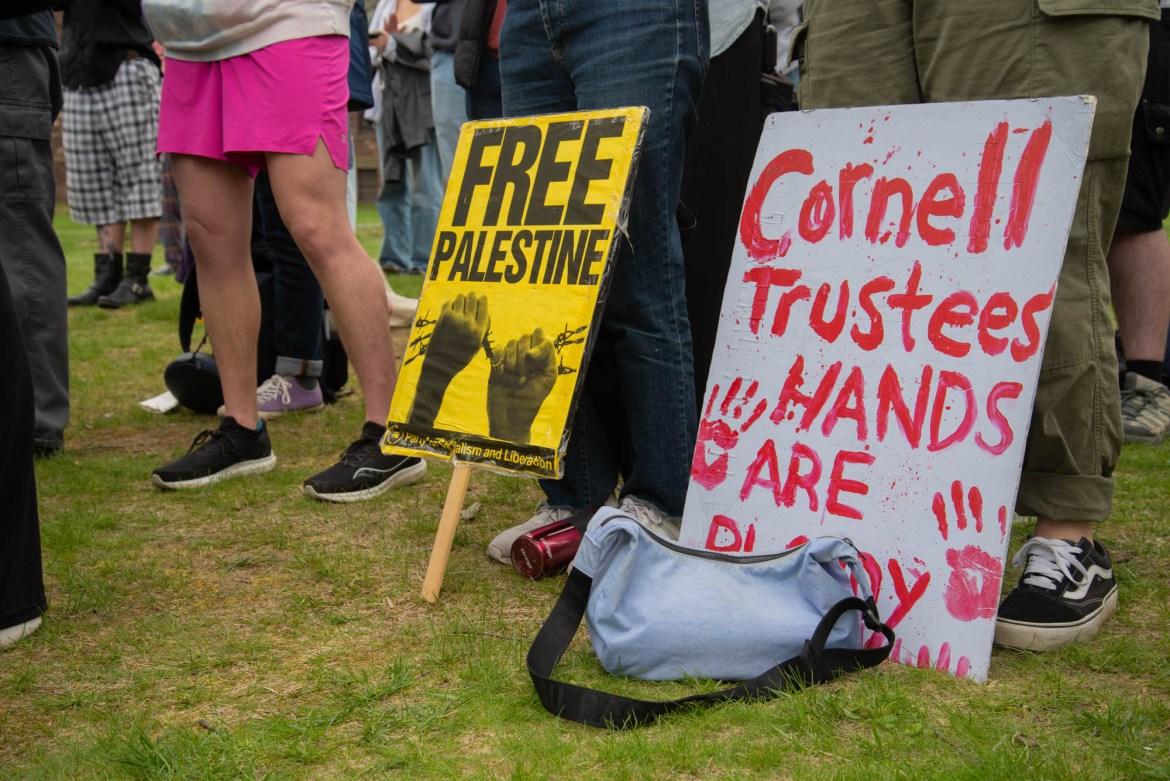
Technion Joins the Ivy League
In December 2011, Cornell won a bid with Technion to establish a state-of-the-art tech campus on Roosevelt Island in New York City. Opening in 2017, the new school was called the Jacobs Technion-Cornell Institute; its founding director, Craig Gotsman, fittingly was an IDF veteran.

From the outset, Cornell’s partnership with Technion proved to be controversial. Many faculty members were not told of this arrangement and students from the Students for Justice in Palestine (SJP) helped to form New Yorkers Against the Cornell Technion Partnership (NYACT), which protested the decision in 2012.
They argued that the Technion-Israel Institute of Technology has a controversial history due to its connections with the IOF (the Israel “Offensive” Forces) and the Institute’s development of drones and military weaponry for the occupation of Palestinians.

As an epicenter of Israel’s military-technological innovations, Technion’s history interestingly begins almost 47 years before the creation of Israel.
Originally constructed in 1901, Technion laid the first cornerstones of Zionist influence within the region. Under the name Technikum, the Fifth Zionist Congress established the first curriculum, consisting of Hebrew culture and engineering when the institution opened its doors in 1924. “It was clear from the very beginnings of the State of Israel that the Technion would be the nation’s backbone as it established its infrastructure, security, and economy – just as the thinkers at the Fifth Zionist Congress had intended.” As time passed, Technion established itself as Israel’s main contributor to the nation’s development.
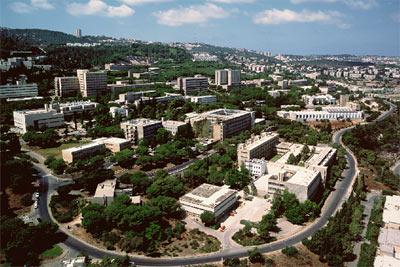
Since the 1970s, Technion became the epicenter of education, research and defense for the Israeli nation as well as in exportation of military drones to Western nations.
Developed in 2007, the Technion Autonomous Systems Program (TASP) has created unmanned controlled vehicles such as drones, autonomous cars, trucks and other vehicles for land, under-water, space or underground-based situations. Notably the unmanned D9 controlled bulldozer was created under this program that was used to destroy Palestinian homes in Gaza and kill Palestinians under the rubble.
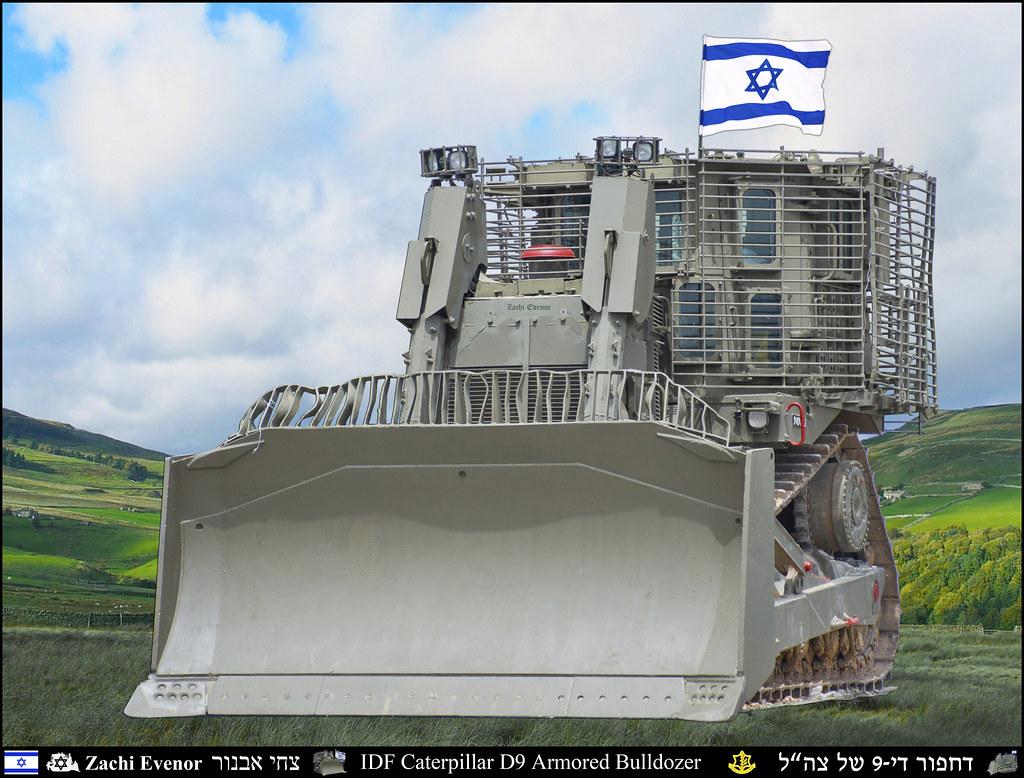
An American activist, Rachel Corrie was crushed to death on March 16, 2003, by a Caterpillar Inc. bulldozer as she tried to protect her host family, the Nasrallahs’ home. Through a manned vehicle at the time, the IDF soldiers were acquitted of charges and the case was dropped in 2015.
Notably, Caterpillar Inc (CAT), known for their construction and mining equipment in the United States, has manufactured D9 bulldozers for the IOF’s use. According to Forbes, the D9 bulldozers are fitted with additional armor and other technology by CAT’s local partner Israeli Tracker and Equipment, and Israel Aerospace Industries (IAI) in collaboration with IDF’s Technology and Maintenance Corps.
Israel Aerospace Industries have longstanding ties to Technion due to Technion’s Faculty of Aerospace Engineering being vital to the creation and continued outpouring of alumni to IAI. In addition, Technion’s aerospace alumni have become engineers for the Israeli Air Force and to many Israeli space and satellite industries.
The massive wave of Technion alumni contributes to this institution, being the only one in Israel to have an aerospace department.
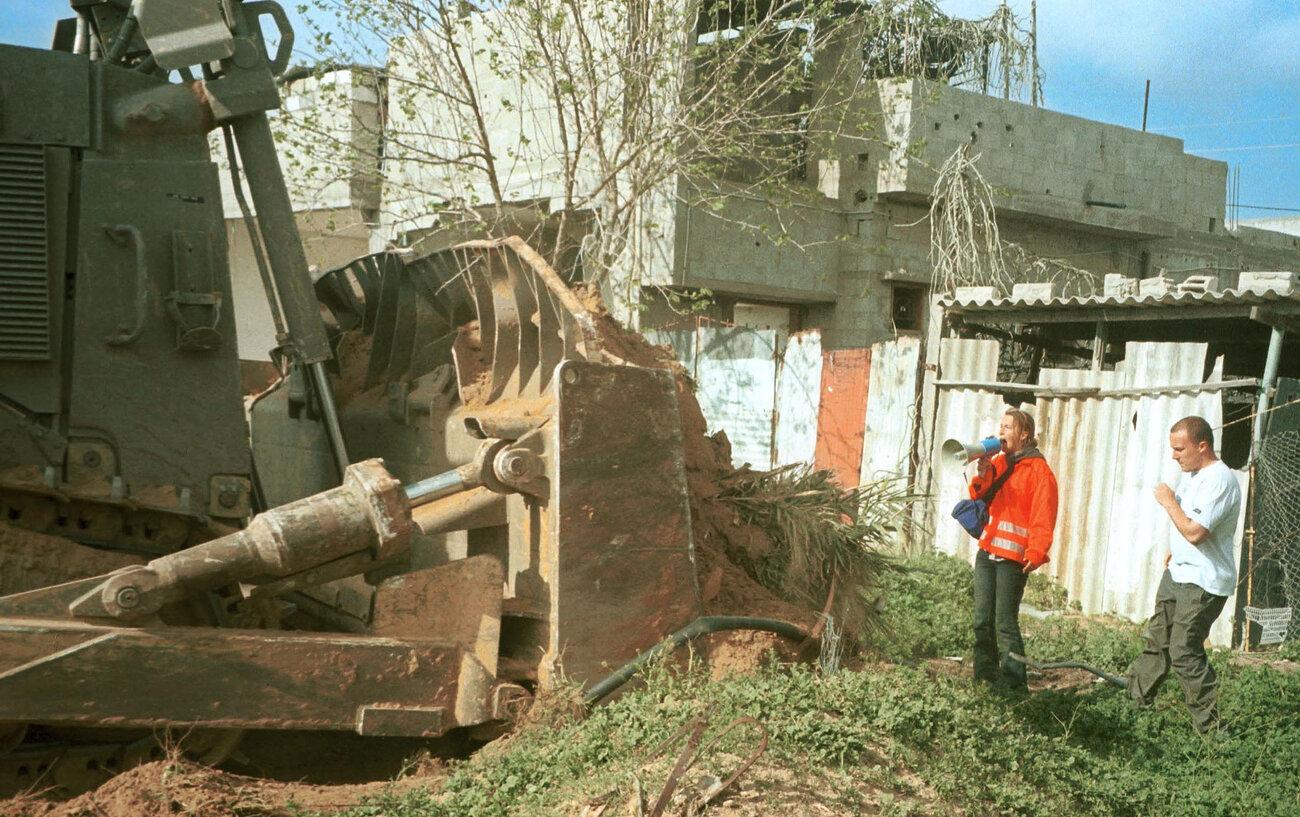
According to Israel Hayom, more than 2,500 of its 15,000 students, and more than 500 faculty and staff, have enlisted in the IOF since October 7. Technion granted relief packages, such as education fee waivers, reduced university housing fees, and grants of up to 6,000 shekels for each “student-soldier.”
Ties to Another Israeli Weapons Juggernaut—and MIT
The Technion Institute has partnerships with military arms companies such as Elbit Systems and Rafael Advanced Defense Systems. According to The NewArab, Elbit Systems awarded more than $500,000 in grants to Technion research students per year for five years in 2008. In 2011, almost 31% of all Rafael employees (2,000 of 6,500) were alumni of Technion, while 350 were still undergraduates.
However, this is not the first or the last connection that the Israeli military-industrial complex has with American institutions.
Elbit Systems, Technion’s main collaborator in the production of military weaponry, is Israel’s largest drone and arms manufacturer and a major military exporter for Israel to Western nations. As “the backbone of the IDF” their Skylark and Hermes series of military and security UAVs have been used to monitor Palestinians. Their Hermes 450 is used in the UK WATCHKEPPER Program.
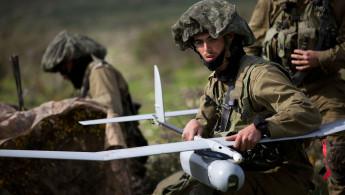
In an interview published within Elbit Systems, its Vice President and Chief Scientist, Dr. Alon Stopel, stated that “Elbit Systems is a member of MIT ILP (Industrial Liaison Program) within the MIT (Massachusetts Institute of Technology) ecosystem.”
Dr. Stopel was once a research engineer and program manager in the IDF’s and Ministry of Defense’s Directorate of Defense Research and Development. Concluding his interview he stated “Our primary objective is to create superior technologies and ensure a strong response to the evolving threats on the future battlefield…”
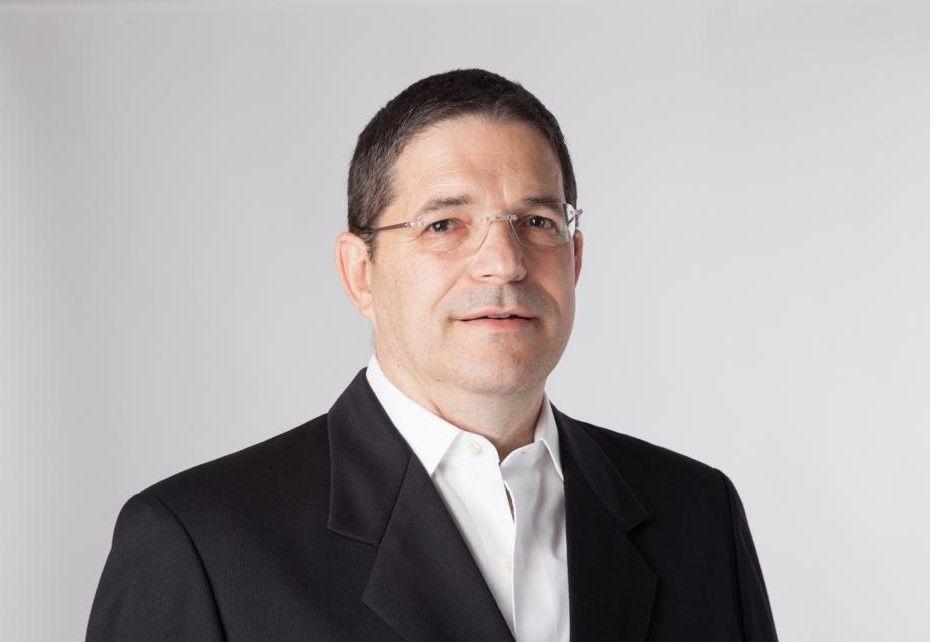
According to his LinkedIn page, he has stepped down from his seat as Vice President to become Chief Scientist for Innovation and Chairman of the Board of the Israel Innovation Authority under the Israeli Government as of February of this year.
However, according to the MIT Faculty Newsletter, members of MIT’s Graduate Student Union voted on April 19th to support a complete separation and divestment from the Israeli military. The same Newsletter stated that MIT has received more than $11 million since 2015 from the Israeli Ministry of Defense, including $1.6 million just in 2023. Elbit Systems’ arms manufacturing is controlled by Israel’s Ministry of Defense.
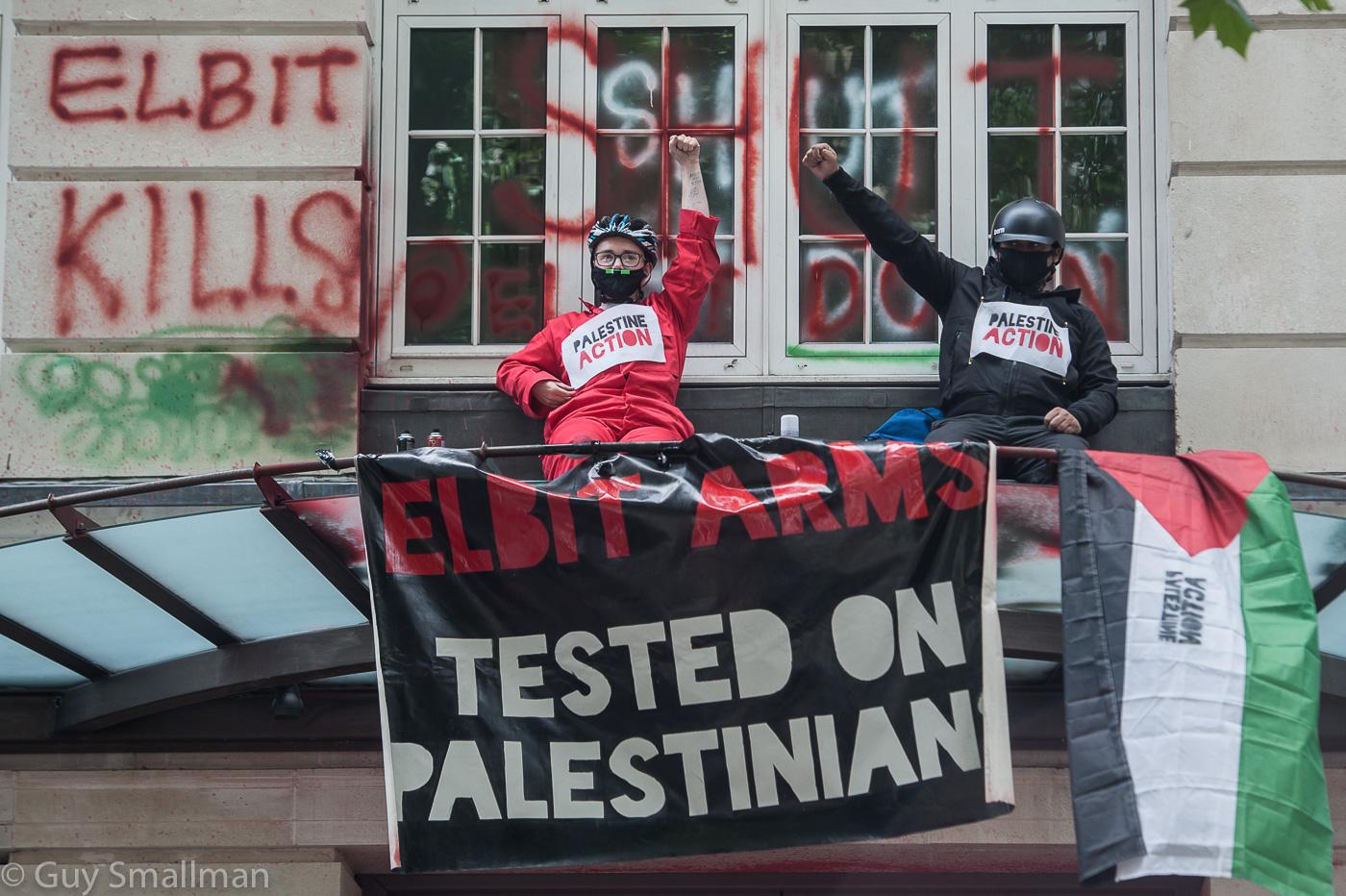
MIT students protest their campus’s ties to Israeli military contractors and the Israeli Defense Ministry. [Source: bostonherald.com]
Israel’s connections within American education have reached a breaking point. Student protests have cemented the message of divestment and future liberation of Palestinians.
Institutions have limited options: either divest and support the student protesters or further sour the relations between institution and those which embody the institute itself. Turning a blind eye to genocide will not be remembered fondly in history.

See other articles in CovertAction Magazine’s series on the military-industrial-academic complex here.
CovertAction Magazine is made possible by subscriptions, orders and donations from readers like you.
Blow the Whistle on U.S. Imperialism
Click the whistle and donate
When you donate to CovertAction Magazine, you are supporting investigative journalism. Your contributions go directly to supporting the development, production, editing, and dissemination of the Magazine.
CovertAction Magazine does not receive corporate or government sponsorship. Yet, we hold a steadfast commitment to providing compensation for writers, editorial and technical support. Your support helps facilitate this compensation as well as increase the caliber of this work.
Please make a donation by clicking on the donate logo above and enter the amount and your credit or debit card information.
CovertAction Institute, Inc. (CAI) is a 501(c)(3) non-profit organization and your gift is tax-deductible for federal income purposes. CAI’s tax-exempt ID number is 87-2461683.
We sincerely thank you for your support.
Disclaimer: The contents of this article are the sole responsibility of the author(s). CovertAction Institute, Inc. (CAI), including its Board of Directors (BD), Editorial Board (EB), Advisory Board (AB), staff, volunteers and its projects (including CovertAction Magazine) are not responsible for any inaccurate or incorrect statement in this article. This article also does not necessarily represent the views the BD, the EB, the AB, staff, volunteers, or any members of its projects.
Differing viewpoints: CAM publishes articles with differing viewpoints in an effort to nurture vibrant debate and thoughtful critical analysis. Feel free to comment on the articles in the comment section and/or send your letters to the Editors, which we will publish in the Letters column.
Copyrighted Material: This web site may contain copyrighted material the use of which has not always been specifically authorized by the copyright owner. As a not-for-profit charitable organization incorporated in the State of New York, we are making such material available in an effort to advance the understanding of humanity’s problems and hopefully to help find solutions for those problems. We believe this constitutes a ‘fair use’ of any such copyrighted material as provided for in section 107 of the US Copyright Law. You can read more about ‘fair use’ and US Copyright Law at the Legal Information Institute of Cornell Law School.
Republishing: CovertAction Magazine (CAM) grants permission to cross-post CAM articles on not-for-profit community internet sites as long as the source is acknowledged together with a hyperlink to the original CovertAction Magazine article. Also, kindly let us know at info@CovertActionMagazine.com. For publication of CAM articles in print or other forms including commercial internet sites, contact: info@CovertActionMagazine.com.
By using this site, you agree to these terms above.
About the Author
Bee Valentine is a graduate of a New York area college and freelance writer.











The relationship between Technion and Raphael Defense Systems is not entirely a negative thing as shown below:
In the 11 days of fighting prior to the May 21, 2021, cease-fire, Hamas militants launched 4,369 rockets from Gaza towards Israel. Nearly two-thirds missed their mark or malfunctioned, but Israelis still had to contend with some 1,500 rockets headed towards densely populated cities, including Tel Aviv. Astonishingly, Israel intercepted and destroyed 90% of them — thanks to Iron Dome.
Developed at Rafael Advanced Defense Systems by a team comprised mainly of Technion graduates, Iron Dome is able to locate a threat up to 45 miles away, assess its damage potential, and knock it down within 15 seconds. Moreover, its components are mobile and can be moved where needed.
The U.S. reportedly purchased two Iron Dome systems last year. And Israel is improving the current technology to combat threats posed by unmanned drones. Iron Dome has saved countless lives and property since its introduction in 2011.
Israel financially supports Hamas so Israel is responsible for any rockets Hamas fires at them. Israel wouldn’t need to defend itself if it wasn’t sponsoring its “enemy” and respected the human rights of all people instead of treating all gentiles as human animals to be exterminated. Terrorist states have no right to exist. Only States that treat all people as equals and make peace with all their neighbors have a right to exist.
Here is another interesting video of China Technion.
https://www.youtube.com/watch?v=I1OADtNf52M&t=16s
Technion also has a Campus in China
https://www.youtube.com/watch?v=KPadN4RKltc